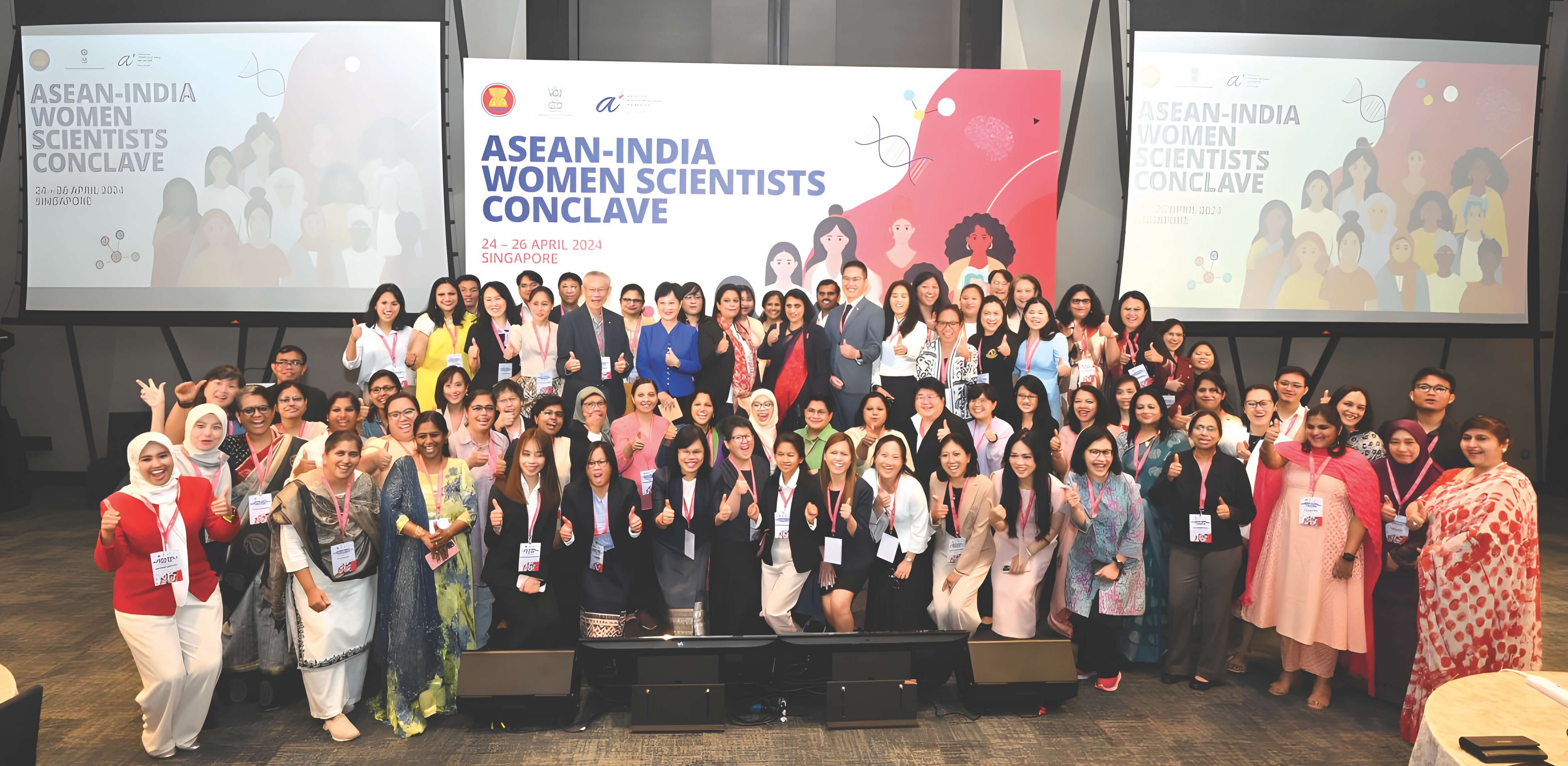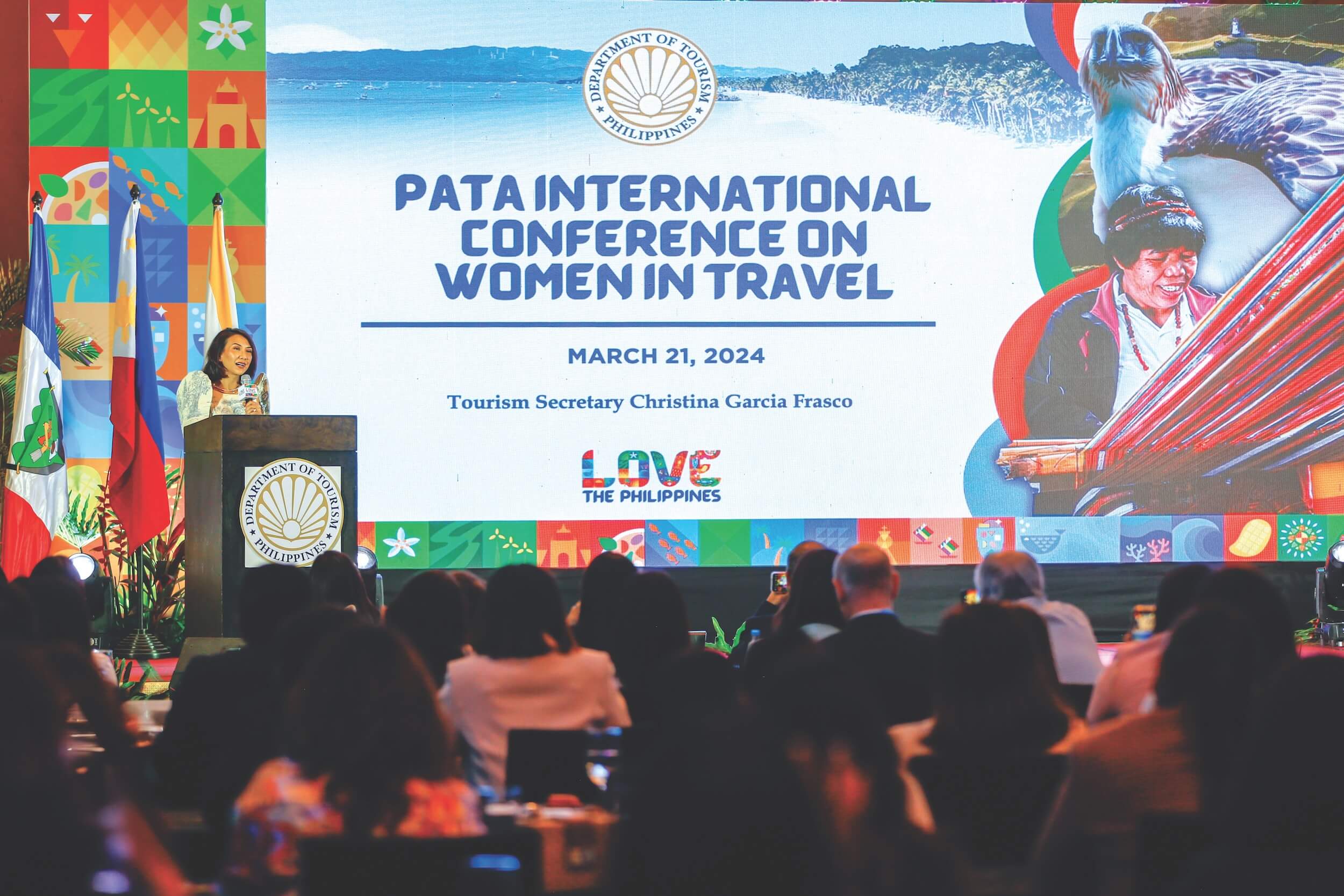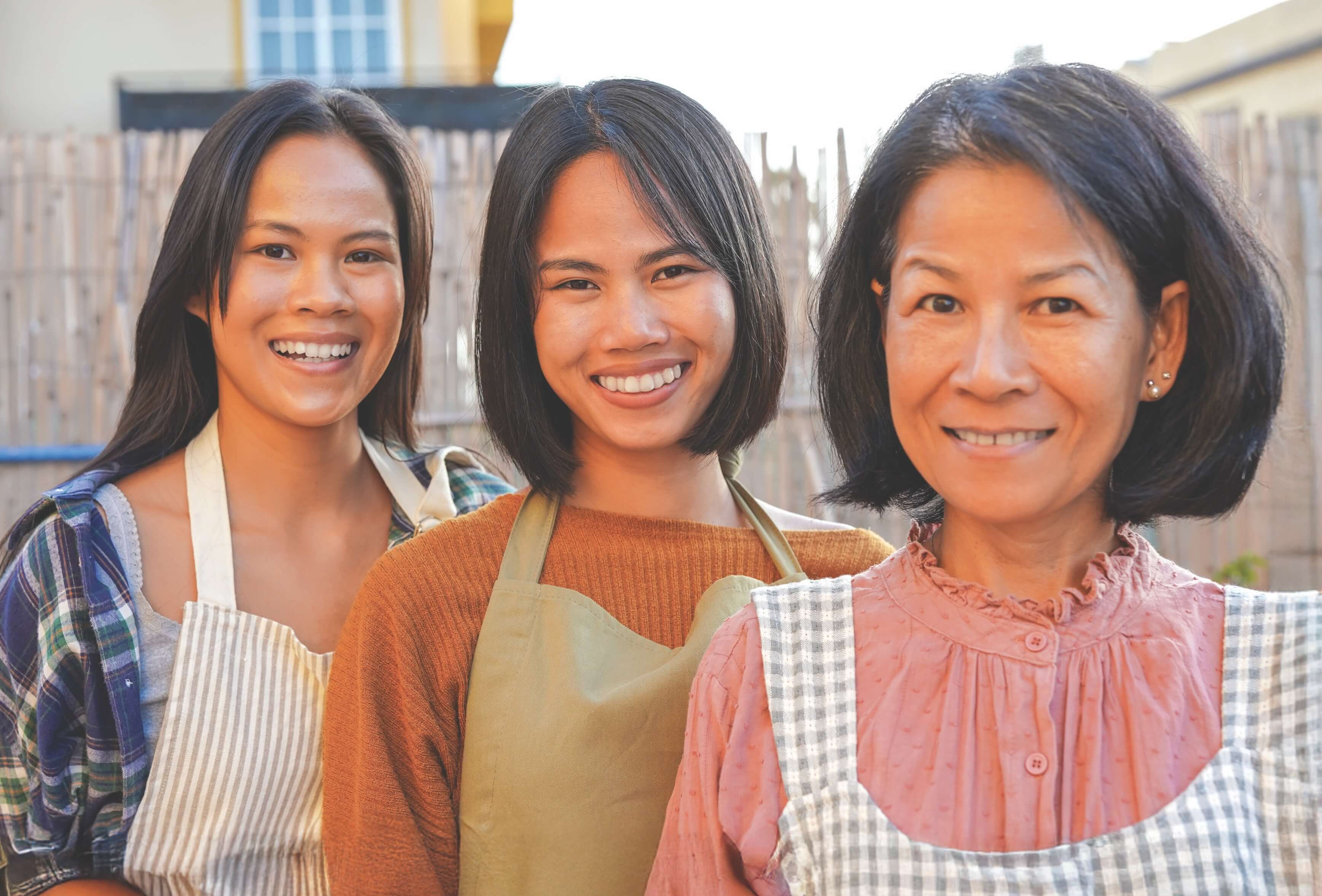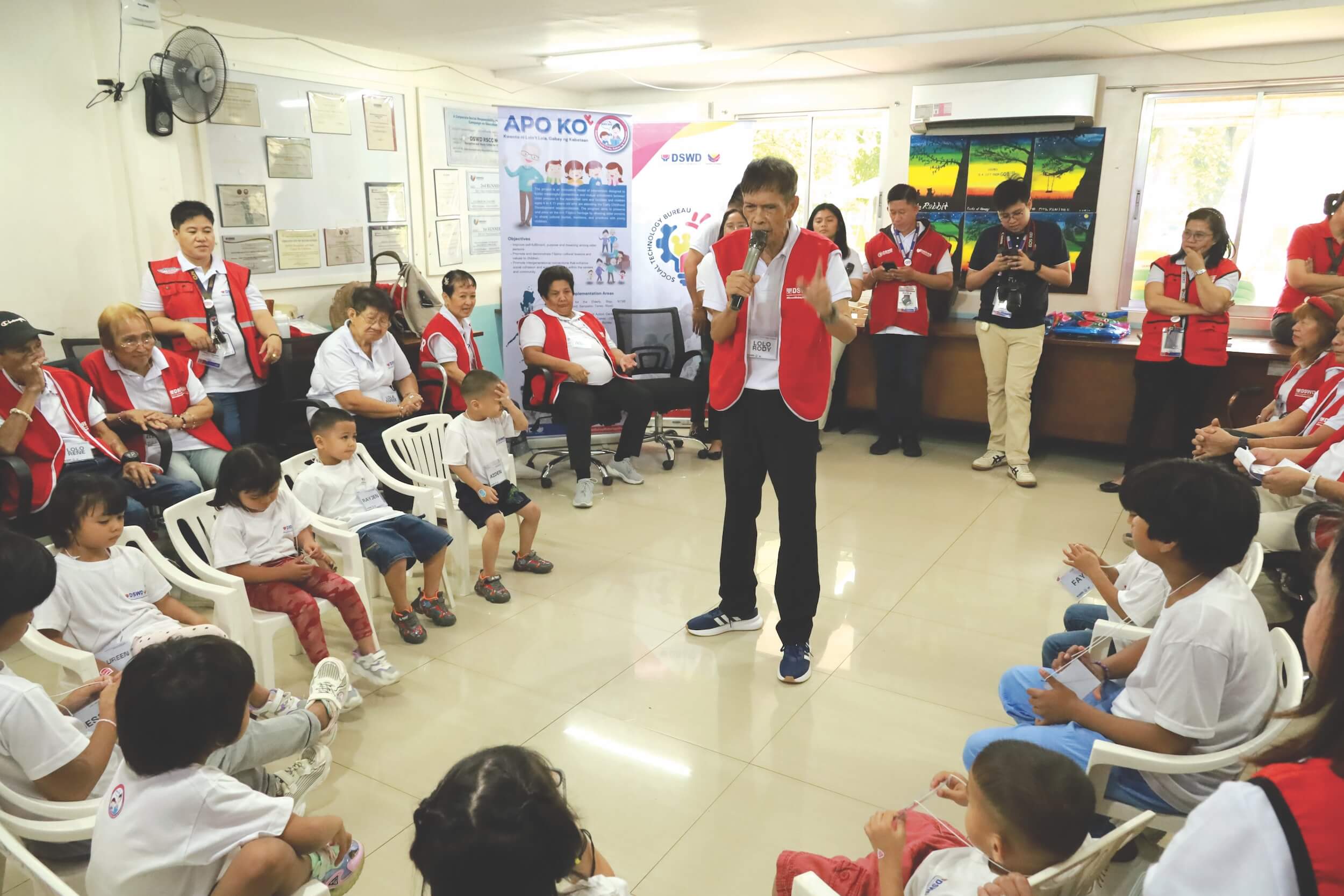



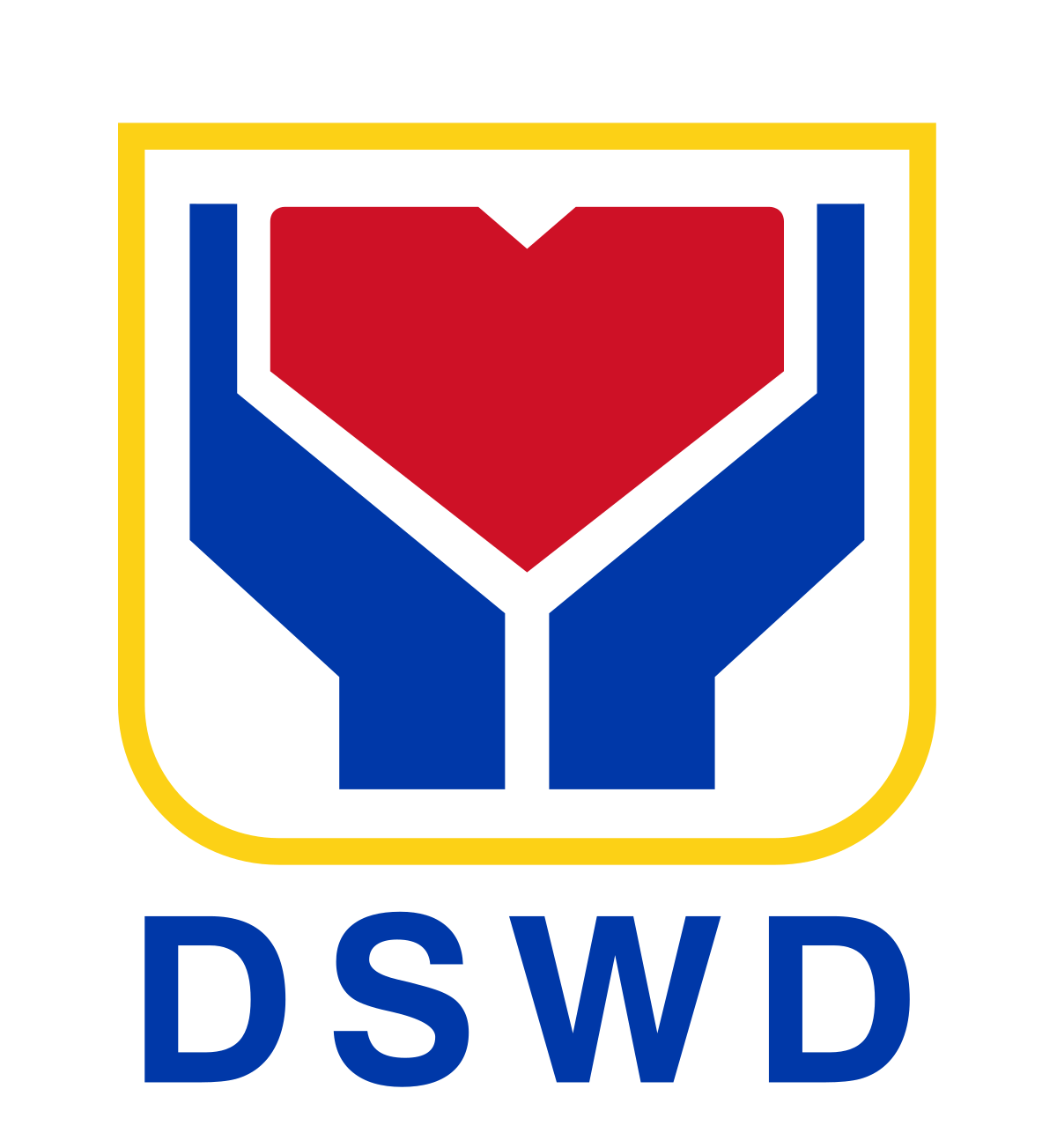
As the population continues to age, the Philippines, through the Department of Social Welfare and Development (DSWD), the country’s lead agency for social protection, is intensifying efforts to ensure the dignity, well-being, and active participation of Filipino senior citizens in society through community-driven care, protection, and intergenerational engagement.
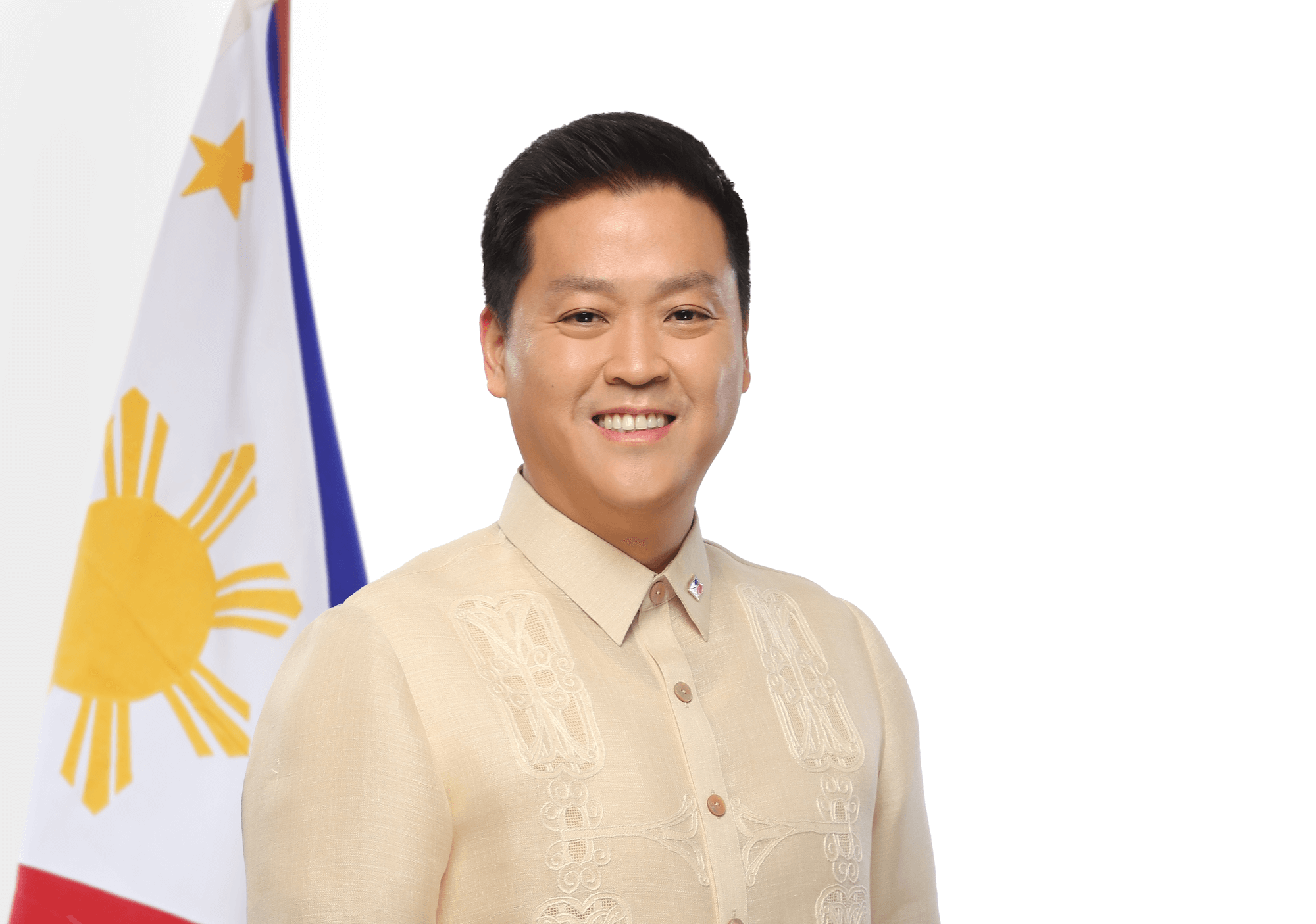
Rex Gatchalian | Secretary, Department of Social Welfare and Development ASEAN Ministerial Meeting on Social Welfare and Development (AMMSWD) Philippine Leader
The DSWD’s key programmes for the older population are the Social Pension for Indigent Senior Citizens Program (SocPen), Home Care Support Services for Senior Citizens (HCSSSC), Reporting System and Prevention Program for Elder Abuse Cases (ReSPPEC), and “Apo Ko: Kwento ni Lolo’t Lola, Gabay ng Kabataan” [My Grandchild: Stories by Grandfather and Grandmother, Guidance for the Youth].
“These initiatives and innovative programs are designed not only to provide essential support but also to promote family and community involvement in the care of older persons,” ASEAN Ministerial Meeting for Social Welfare and Development (AMMSWD) Leader of the Philippines and DSWD Secretary Rex Gatchalian said.
Monthly government assistance
The Philippines’ Expanded Centenarians Act, officially known as Republic Act No. 11982, was signed into law on 26 February 2024, amending the earlier Republic Act No. 10868 (Centenarians Act of 2016). This legislation broadens the scope of benefits for Filipino senior citizens, both domestic and abroad, by providing grants at various age milestones.
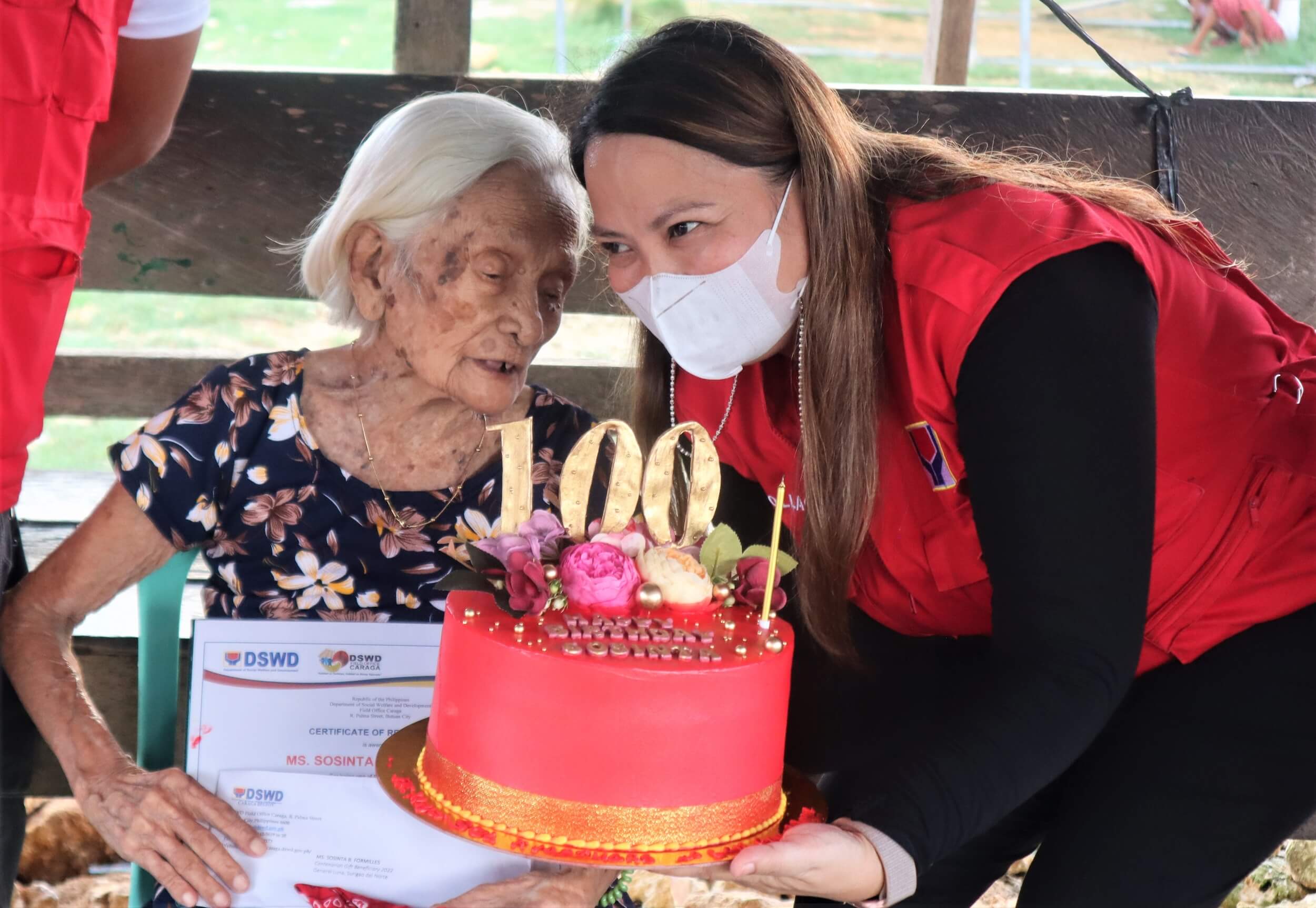
The DSWD’s Social Pension for Indigent Senior Citizens Program is an additional assistance provided by the Philippine government to older persons under Republic Act No. 9994, also known as the Expanded Senior Citizens Act of 2010. The programme provides a monthly stipend amounting to 500 Philippine pesos (or 8.73 US dollars at the current exchange rate) to indigent senior citizens to support their daily subsistence and medical needs.
In 2022, Republic Act No. 11916, also known as An Act Increasing the Social Pension of Senior Citizens increased this monthly social pension from the previous 500 Philippine pesos per month to 1,000 Philippine pesos (or 17.45 US dollars at the current exchange rate) starting January 2024.
This social pension programme for senior citizens caters specifically to indigent senior citizens who are frail, sickly, or have disabilities and lack a pension or permanent source of income, or any kind of financial assistance from their relatives to support their basic needs.
The programme has a total target of 4,085,066 qualified indigent senior citizens. The agency is seeking an additional budget allocation to support more older persons on the waitlist.
DSWD also supports legislative efforts to pass House Bill 10423, which will grant universal social pensions to Filipino senior citizens.
Strengthening community-based elder care
The Home Care Support Services for Senior Citizens empowers families and communities to provide in-home care for older adults who are frail, sick, abandoned, or have disabilities.
The programme enhances the family’s caregiving capabilities. It fosters healthy family relationships by providing capacity-building and training sessions on understanding the needs and dynamics of senior citizens, as well as proper care and management for them, including home safety and hygiene.
“By focusing on home-based care, we are engaging family members and neighbours in the daily care of senior citizens. We are also strengthening the Filipino tradition of caring for our elders,” Secretary Gatchalian said.
To institutionalise this initiative and ensure nationwide coverage, several bills have been filed in Congress, including HB 03281, HB 07490, HB 07980, and Senate Bill (SB) 1999, which seek to establish long-term care systems for older persons.
Combating abuse through community networks
Noting that there are still cases of abuse among older persons, particularly through social media, with netizens posting videos of older persons experiencing verbal and physical abuse from their own families as perpetrators, the DSWD established the Reporting System and Prevention Program for Elder Abuse Cases programme.
The programme aims to protect the rights of older persons against all forms of abuse through the establishment of local reporting mechanisms and access to necessary services for their complete rehabilitation and recovery.
“Protecting our senior citizens from abuse is a shared responsibility. Through the Reporting System and Prevention Program for Elder Abuse Cases, we aim to uphold the rights of older persons,” Secretary Gatchalian said.
To further bolster this initiative, legislative measures such as HB 11466 and HB 10809 have been proposed to formally define and prohibit elder abuse, laying down penalties and legal protections.
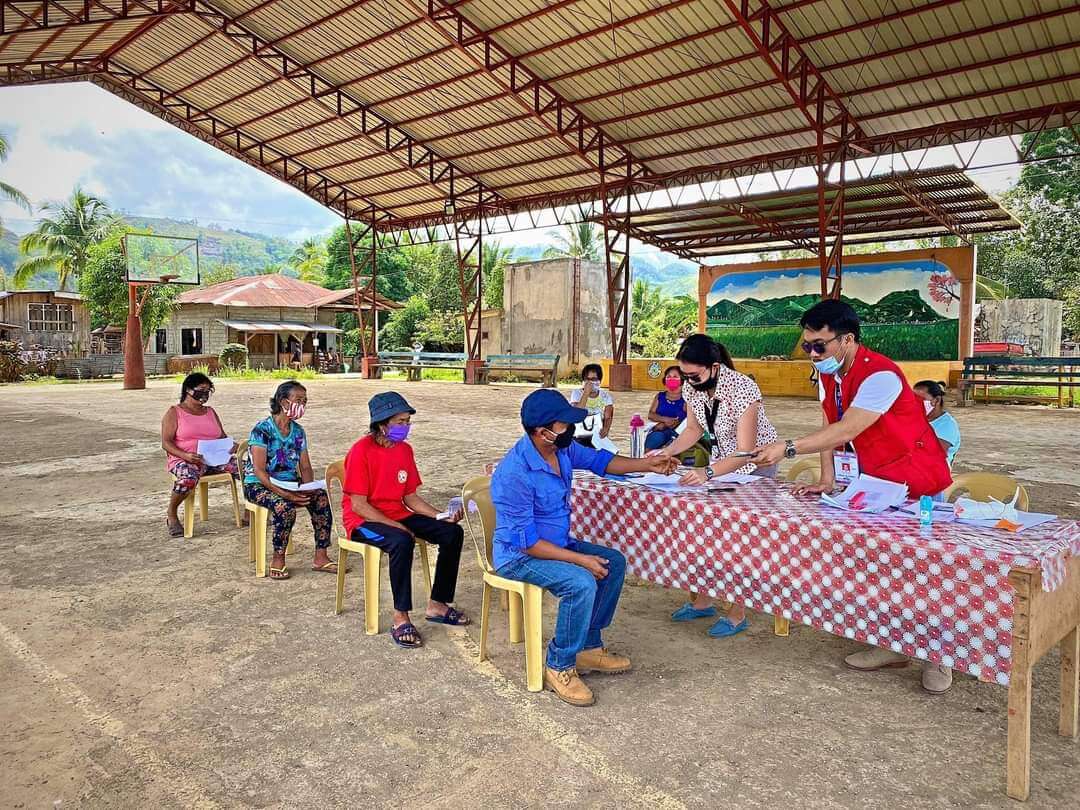
Promoting intergenerational bonds, cultural heritage
A new and innovative project, the “Apo Ko: Kwento Ni Lolo’t Lola, Gabay Ng Kabataan,” bridges the gap between generations by pairing older persons from the DSWD’s centres and residential care facilities with 4-year-old children attending the Early Childhood Development sessions or classes.
Through storytelling, cultural sharing, and guided interaction, older persons are able to pass on Filipino values and traditions while children learn empathy, respect, and a deeper appreciation for the country’s heritage.
“This initiative nurtures a culture of respect for our elders while keeping them socially engaged and empowered. It is a meaningful step toward active ageing and values formation among the youth,” the AMMSWD leader of the Philippines said.
Participation and future-readiness
The DSWD ensures that older persons are active participants in all stages of programme development—from conceptualisation to implementation and evaluation. This inclusive approach guarantees that policies and interventions truly reflect the needs and aspirations of older persons.
To address the growing and evolving needs of Filipino senior citizens, the DSWD is also working closely with other government agencies, private partners, and civil society organisations to enhance existing programmes and develop responsive new models of care.
“Our goal is to build an inclusive society where older persons are not just cared for but respected, engaged, and empowered. As we prepare for the future, we must ensure that no senior citizen is left behind,” Secretary Gatchalian said.




